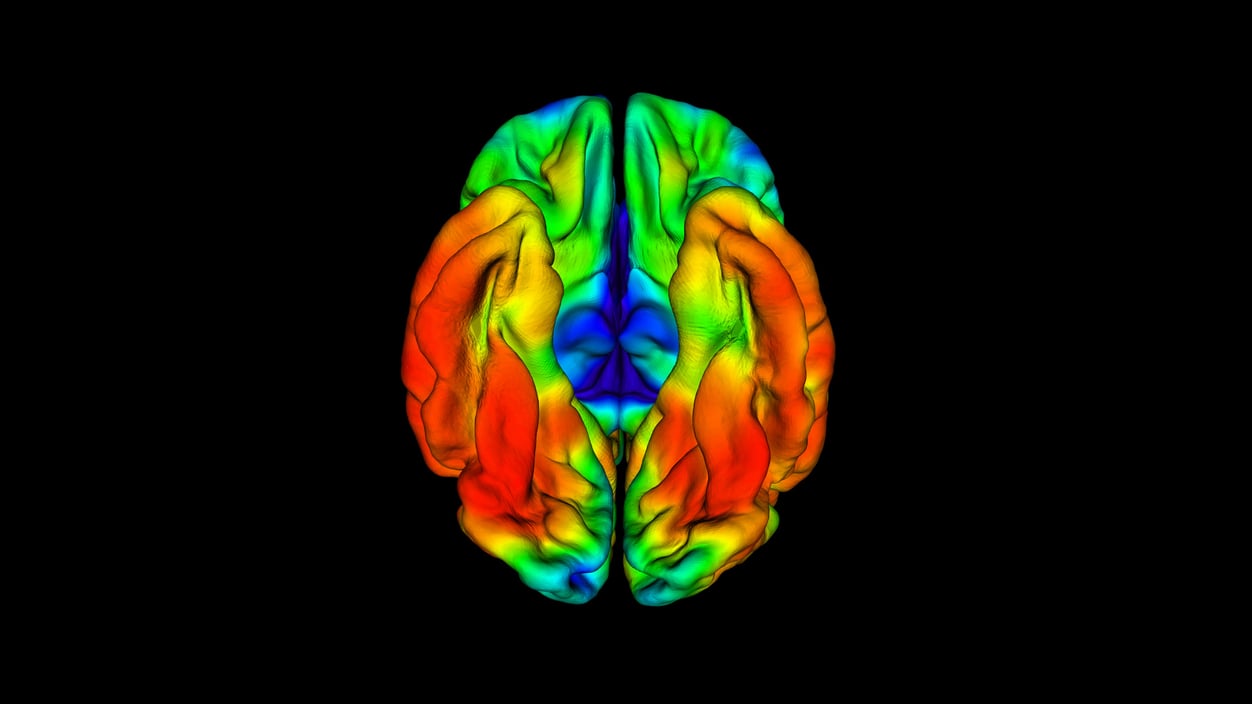Closer Look
Another rare genetic variant protects a second person from early Alzheimer's
Justin Sanchez
The man belonged to an extended family in Colombia long followed by scientists for a particular mutation they share that destines them for early Alzheimer's disease. But he became the second person who appears to have been protected by another genetic variant. Instead of developing dementia in his 40s, he was cognitively healthy until his late 60s, dying at age 74. His genetic variant differed from the one in the first case, making the protective pathway appear wider.
In the new study out yesterday in Nature Medicine, scientists implicated a gene variant that seemed to slow the buildup of tau in the man's brain. Both tau and amyloid are implicated in Alzheimer's, and the family members have a mutation in a gene that causes the overproduction of the protein fragment beta-amyloid. STAT's Andrew Joseph has more on what this discovery could mean, including whether other mechanisms could be involved.
health inequities
Kids more likely to be 'undertriaged' in EDs if their caregivers speak a language other than English
In emergency medicine, triage is more than who should be seen first. It also asks what patients need, based on the acuity and severity of their condition. A new study in Pediatrics today reports that children whose caregivers requested languages other than English were more likely to be "undertriaged," assessed as needing less urgent attention than patients in similar circumstances with English-speaking caregivers. Examples of undertriaging are underestimating the need for hospital admission; for ED resources such as nebulized medication, IV placement, or supplemental oxygen; or for a return to the emergency department with admission within 14 days.
Among the 1 in 5 visits that involved caregivers preferring languages other than English at two emergency departments in Washington, D.C., undertriaging affected 3.7% of English speakers versus 4.6% of Spanish speakers and 5.9% if speakers of other languages. The researchers suggest known inequities in emergency health care may start with triage.
pandemic
On dropping masks in medical settings, a counterpoint says 'not yet'
We may be seeing fewer and fewer masks in public places now that the Covid public health emergency has ended, but that doesn't mean the controversy on universal masking in health care sites has ended. One month ago my colleague Helen Branswell told you eight infectious disease specialists called for dropping mask mandates, arguing in a commentary in Annals of Internal Medicine that Covid-19 should be handled the same way as other endemic respiratory pathogens — with standard infection control practices.
Yesterday the journal published a new commentary from two infectious disease experts countering that opinion, saying for patient safety, now is not the time to take off masks in health care venues: "Although gold-standard evidence is not available, we argue that, despite the lack of clinical efficacy trials (as with the widely accepted practice of hand hygiene), masking in interactions between patients and health care personnel should continue to receive serious consideration as a patient safety measure."


No comments